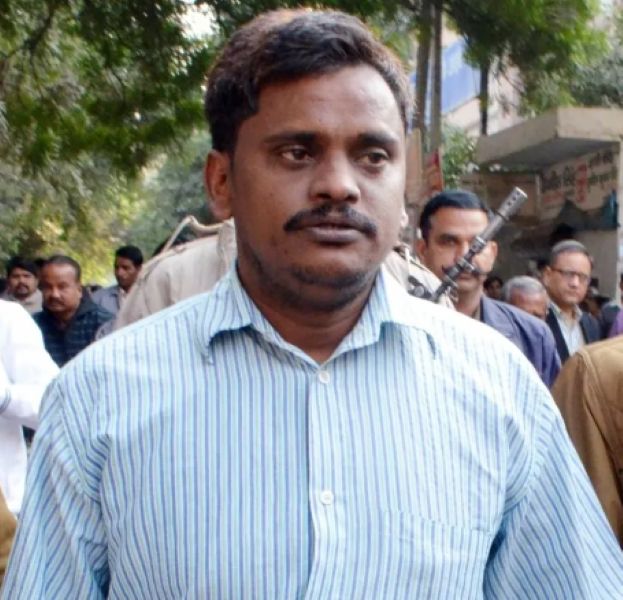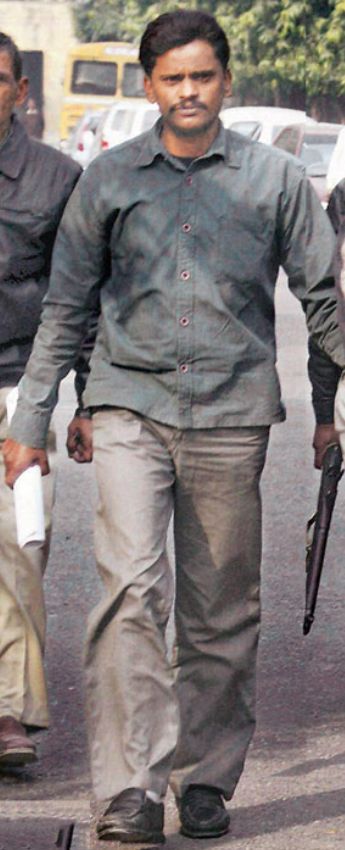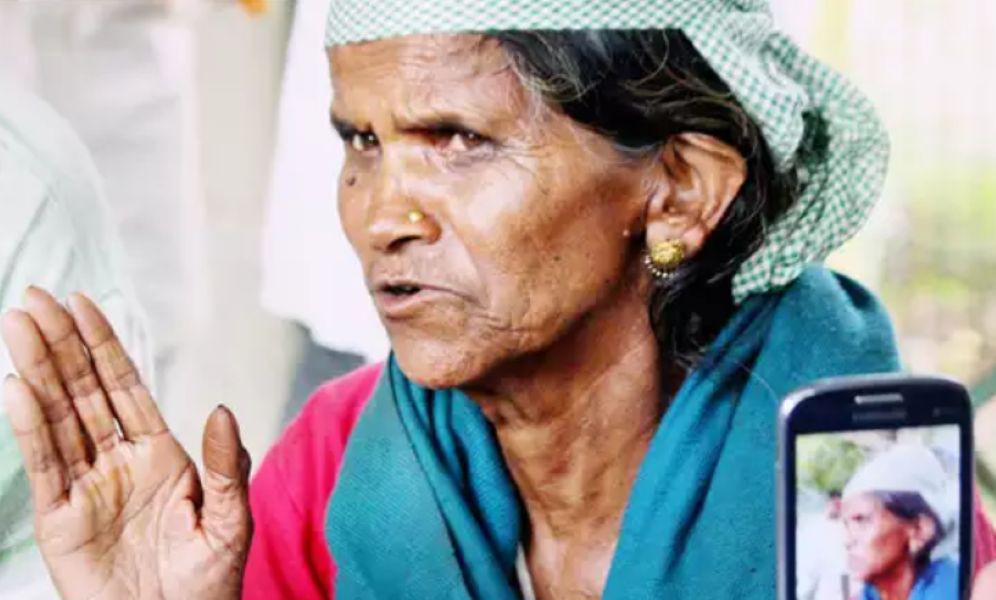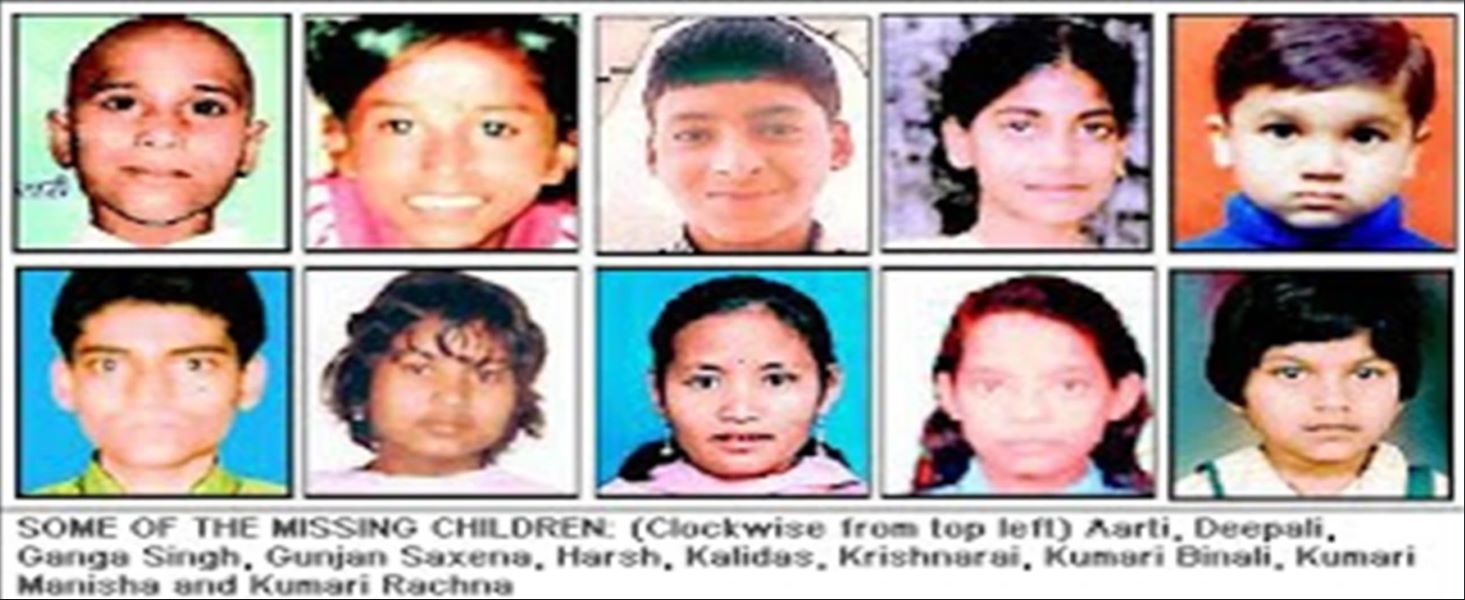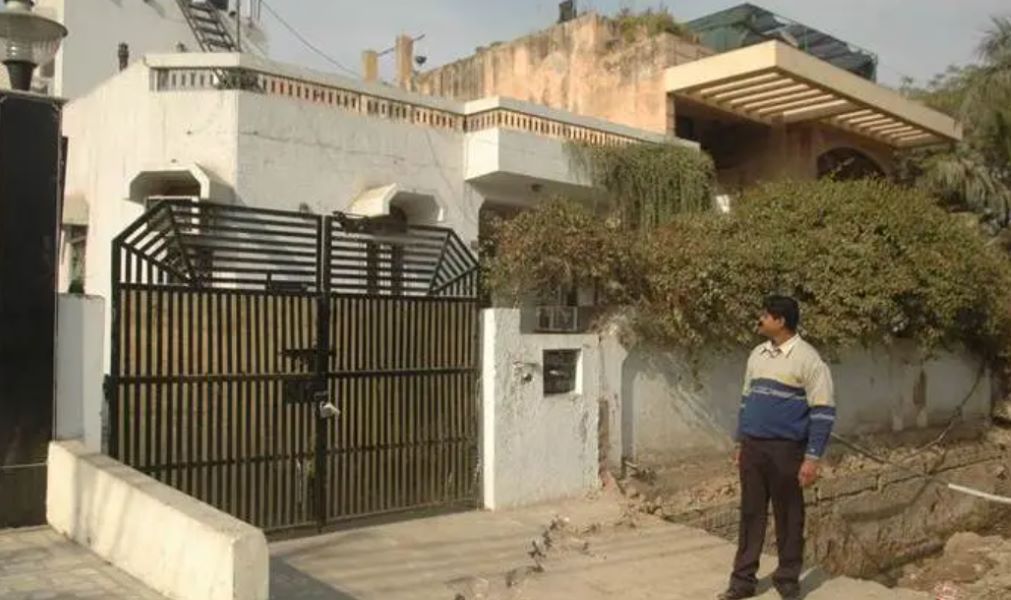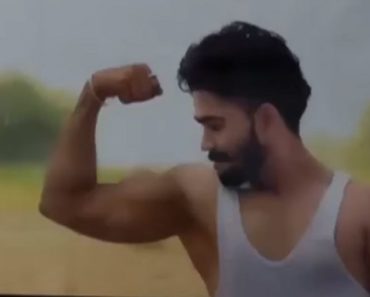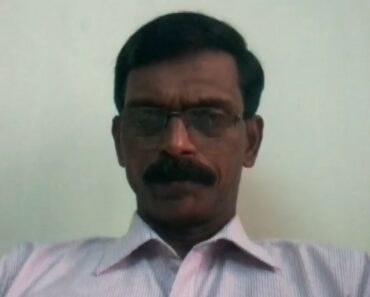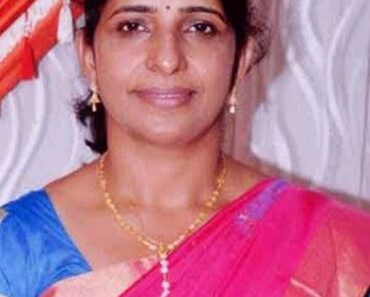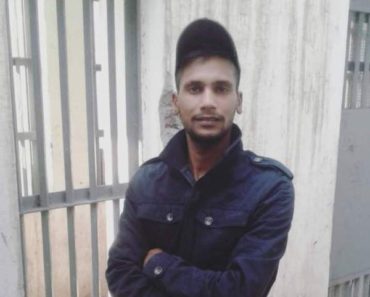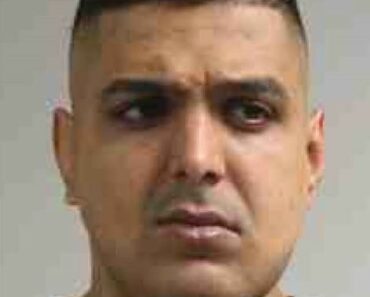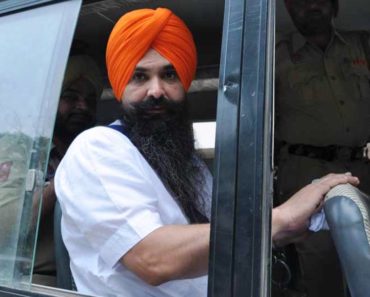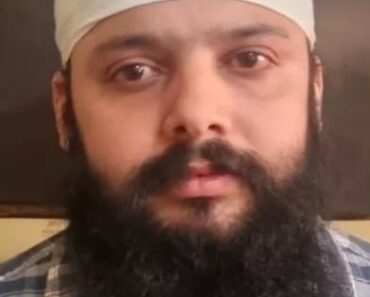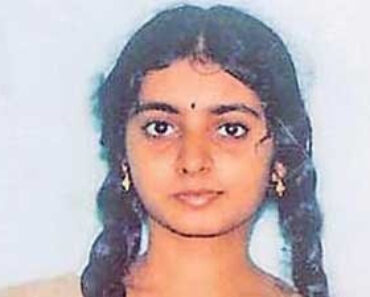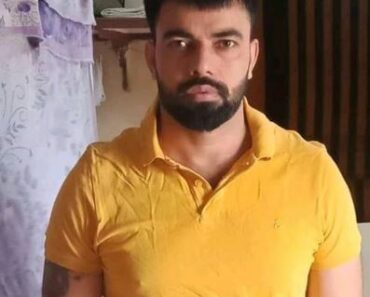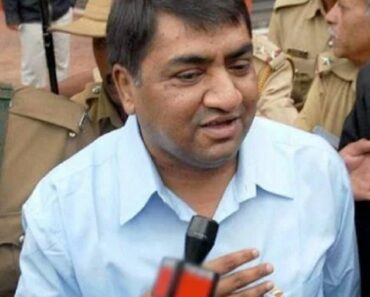Surinder Koli is an Indian associated with the Nithari murder cases. He was charged with 16 murder cases. He was also accused of rape, abduction, cannibalism, and organ trafficking. He was acquitted from all cases in 2023.
Contents
Wiki/Biography
Surinder Koli was born in 1970 (age 54 years; as of 2024). He dropped out of school when he was 13 years old and started working to support his family. Surinder Koli was employed by Moninder Singh Pandher as his domestic help. He is also a trained butcher.
Physical Appearance
Height (approx.): 5′ 9″
Weight (approx.): 75 kg
Hair Colour: Black
Eye Colour: Black
Family & Caste
Surinder’s family is from Mangrukhal in Almora, Uttarakhand. He was born into a family belonging to the Dalit caste.
Parents & Siblings
Surinder’s mother’s name is Kanti Koli (deceased). He has three brothers: an older brother named Chandan, a younger brother named Mangat Ram, and his youngest brother, Anand, a schoolteacher.
Wife & Children
His wife’s name is Shanti Devi. The couple have two children together, a daughter named Simran, and a son. The couple had another son who passed away when he was ten months old.
Religion/Religious Views
Surinder Koli follows Hinduism. It was reported by prison guards that he used to recite the “Hanuman Chalisa” and Hindu hymns during his time in jail. He also spent his time in jail reading religious books. [1]India Today
2006 Noida Serial Murder Case (Nithari Case)
The Nithari serial murders (also known as the 2006 Noida serial murders or the Nithari case) involved businessman Mohinder Singh Pandher and Surendra Koli, his domestic help. The two were accused of gruesome murders and rape. The murders came to light when two villagers found the body parts of children who were reported to be missing, in a drain near Pandher’s house in Nithari village, Noida. After the discovery of decomposed remains, the police intervened and Koli admitted to murdering six children and a young woman named “Payal”. The police’s handling of the case sparked outrage as locals accused them of negligence and corruption, alleging that the police wanted to cover up the true extent of the crimes. This led to clashes between the villagers and policemen. The murders were estimated to have happened between 8 February 2005 and 25 October 2006. Mohinder Pandher faced charges in five cases and was convicted in two. Surinder Koli was accused of assisting Pandher and faced 16 cases.
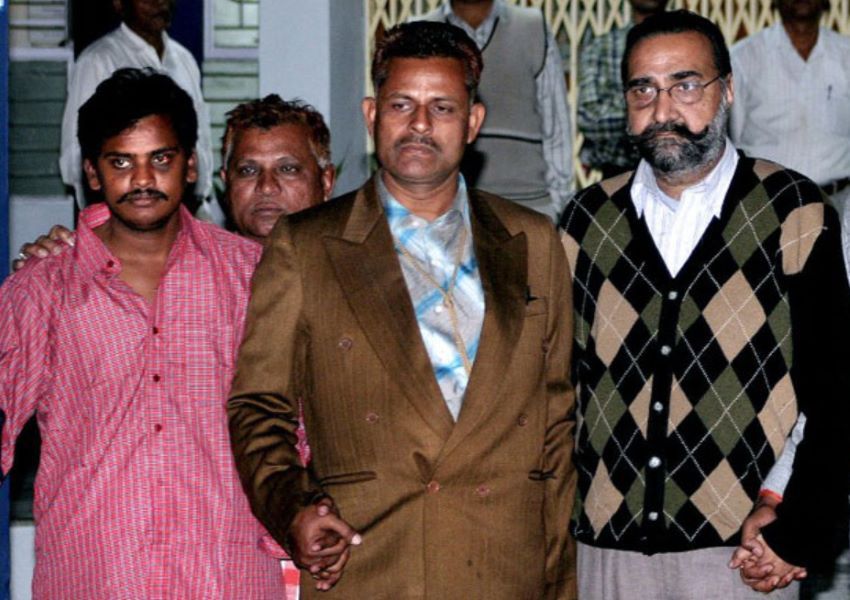
The accused of the Nithari serial murders, Surinder Koli (extreme left) and Mohinder Singh Pandher (extreme right)
An inquiry committee was established to investigate, and the Central Bureau of Investigation (CBI) took over the case. The CBI charged Surinder with 16 cases of murder, abduction, rape, and destruction of evidence. According to the Central Bureau of Investigation (CBI), Koli was reported to have necrophilic tendencies and a disorder where he consumed human flesh. However, he showed no signs of mental illness, and the killings were driven by “fantasy and compulsion”. According to the Directorate of Forensic Sciences (DFS) laboratory reports,
In Koli’s Narco analysis, he recalls making sexual attempts on 13 victims, 15 strangulations, 11 heads severed and thrown into the gallery, 14 bodies dismembered from shoulders, torsos cut into small pieces and packed in double polythene bags and disbursed in the nala (drain).” [2]mint
Modus Operandi
Both Pandher and Koli underwent brain mapping and narco-analysis tests in 2009 at the Directorate of Forensic Sciences (DFS) laboratory. During the tests, Koli mentioned encounters with “call girls” that his employer called to the house, which fueled his desires. He described disturbing dreams that led to his crimes, including attempts at cannibalism. According to the DFS reports, Koli admitted to having the urge to murder people and blamed the urge on his employer, Pandher. Koli stated that his dreams were of a woman in a white dress taunting him. The dreams disturbed him mentally until he was able to find a victim that he could rape and murder. The reports stated,
Koli’s first step was to throttle the victim with her own cloth and make her unresponsive, so as to try sex. In case the victim showed signs of waking up, he would kill her… He would carry the body to the bathroom on the first floor, leave the body there to cool down, wait until it got dark and then cut the body and pack body parts separately.” [3]mint
Suspicions arose regarding organ trafficking and cannibalism. During his tests, Koli admitted to trying to eat a boy’s liver and to eating the flesh of two of his victims. It was argued that Surinder was able to cut the bodies and dispose of them easily as he was an experienced butcher. Pandher was cleared of direct involvement in the murders but faced charges related to soliciting prostitution and destroying evidence. The CBI found no evidence supporting his awareness of the crimes but noted his involvement in illegal activities. While doubts remained about Pandher’s knowledge of the murders, his alibi suggested he was often away from the house during the crimes. The investigation uncovered additional remains and raised concerns about a potential child pornography racket.
Koli’s Convictions
In February 2009, Surinder Koli, along with Moninder Singh Pandher, was found guilty of the murder of Rimpa Haldar in 2005. They were given the death penalty because the crime was considered to be the “rarest of the rare”. After that, Surinder Koli was found guilty of other murders: in May 2010, he was found guilty of killing Arti Prasad, aged 7. In September 2010, he was found guilty of killing Rachna Lal, aged 9. In December 2010, he was found guilty of killing Deepali Sarkar, aged 12. In February 2011, the Supreme Court confirmed his death sentence. In December 2012, he was found guilty of killing Chhoti Kavita, aged 5.
In July 2014, former President the late Pranab Mukherjee rejected Surinder’s mercy petitions. On 3 September 2014, the Supreme Court issued a death warrant, and the next day, Surinder was transported from the Dasna Jail to the Meerut Jail due to a lack of hanging facilities.
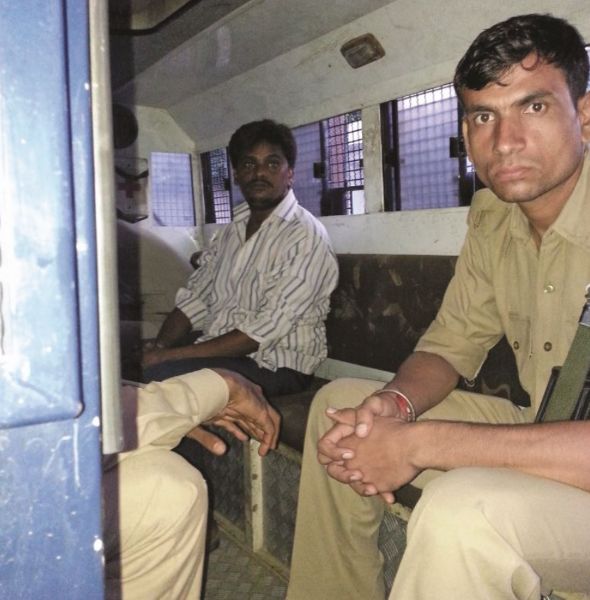
Surinder Koli (left) in the “Vajra” (riot control) vehicle outside the Dasna Jail in Ghaziabad, before being transported to the Meerut Jail
In September 2014, Surinder Koli was supposed to be hanged for his crimes, but the Supreme Court commuted (stopped) the sentence, stating the reason was the delay in carrying out the sentence. However, in October 2014, the Supreme Court rejected the appeal to change his sentence. In January 2015, the High Court changed Surinder Koli’s death sentence to life imprisonment because there was a long delay in deciding his mercy petition. Later, in July 2017, both Surinder Koli and Moninder Singh Pandher were given the death sentence again. In 2019, Surinder Koli received another death sentence. Despite much evidence, both suspects were acquitted of the death sentence cases by the Allahabad High Court in 2023 due to “procedural flaws and insufficient proof”. Surinder is serving a life sentence in the Dasna Jail in Ghaziabad, Uttar Pradesh.
Controversy
Forced Confession
According to activists and internet users, Koli’s convictions were based on “coerced” confessions obtained under torture, which raised questions about the fairness of his trial. Despite significant doubts about the evidence against him, Koli received multiple death sentences, while Pandher was acquitted and granted bail. Koli’s plea for a review of his death sentence was rejected, denying him the right to a fair trial and legal representation. Moreover, his psychological assessment revealed mental disorders, which people said emphasised the need for diagnosis and treatment instead of punishment. Executing Koli would mean losing a key witness in Pandher’s case but also fails to address mental health. People argued that Koli’s case should be treated on the principles of human rights instead of a death sentence. People also criticised Surinder’s death sentence stating that he was receiving a harsh sentencing because of his Dalit caste. During an interview, he stated that he was innocent and gave the confessions under pressure from the CBI,
I am innocent and I have done nothing. Still I will be hanged. This is not an execution, this is a murder carried out by the government. I tried to prove my innocence in the court and also tried my best to convince the government that I have nothing to do with these killings. But nobody is ready to listen to me because I am poor…I was made to remember names and pictures of the children and the dates of the murders. Whatever I said in my confessional statement was told by the local police and the CBI. In my confessional statement, I also said many times that I was pressurized to say all these things.” [4]Beyond Headlines
He also stated that two doctors, Dr Agarwal and Dr Naveen Chaudhary, were the ones involved in organ trafficking. According to Surinder, he was being framed to save his employer and that he was a “scapegoat for the big fish”. [5]Beyond Headlines
Media Based On The Nithari Case
Various forms of media covered the Nithari murder case, including a BBC documentary titled “Slumdog Cannibal” in 2012, and an Indian documentary on Netflix called “The Karma Killings” in 2017.
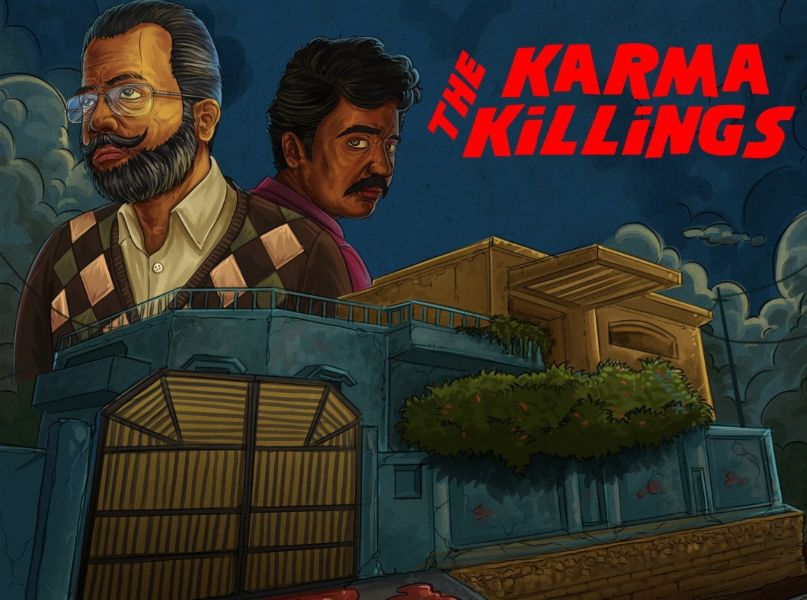
The poster for the 2017 Netflix documentary, The Karma Killings, which is based on the Nithari serial murders
The case was also featured in the bestselling book “The Deadly Dozen: India’s Most Notorious Serial Killers” by Anirban Bhattacharyya. Additionally, it was featured in episodes of true crime podcasts such as “The Desi Crime Podcast” and the “RedHanded,” podcast whose episode on the case was titled “Village of the Damned: The Nithari Child Murders”. Mohit Suri’s 2011 film “Murder 2,” starring Emraan Hashmi and Jacqueline Fernandez, is also based on this case.
Facts/Trivia
- Surinder Koli also goes by the aliases Subhash Koli, Surendra Koli, and Satish.
- He used to live in his employer, Mohinder Pandher’s house, D-5, Sector 31, near Nithari village in Noida, Uttar Pradesh. The house is now considered to be “haunted” and people avoid going near the area. Fans, TVs, ACs, and the house’s gate had been stolen over the years.
- When Surinder was in jail, he used to study the law and only interacted with inmates who had studied the law.
- Surinder always maintained that he was being framed for the crimes. His mother and wife made the same statements and always defended Surinder saying he was being framed.
References
| ↑1 | India Today |
|---|---|
| ↑2, ↑3 | mint |
| ↑4, ↑5 | Beyond Headlines |

